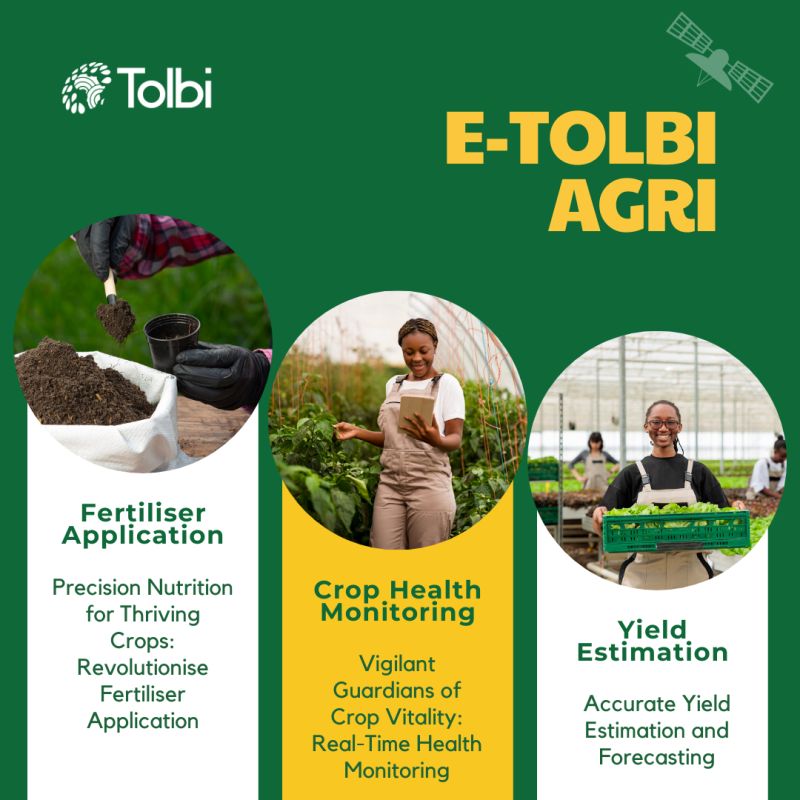South African Fintech Stitch Launches Crypto Payment Option Amidst Soaring Cryptocurrency Adoption
Stitch, a fintech company based in South Africa, has recently unveiled a novel cryptocurrency-based payment solution. This new offering, titled “Pay with crypto,” empowers customers to make payments directly from their cryptocurrency wallets. The introduction of this payment method aligns with the escalating popularity of cryptocurrency in the local market, where an estimated 7.7 million South Africans are reported to possess cryptocurrency to date. This trend is mirrored on a global scale, reflecting an increasing interest in utilizing cryptocurrency for transactions involving goods and services.
In an official statement, Stitch highlighted that the implementation of this payment solution enables local merchants to accept cryptocurrency payments from customers seeking to purchase products and services. Junaid Dadan, the President of Stitch, remarked, “Cryptocurrency adoption in South Africa has been one of the highest in the world. There’s a massive audience that would prefer to use their crypto to make payments. We’re excited to offer Stitch clients an opportunity to reach and serve this audience, without the need to take on direct volatility risk, thanks to our ‘Pay with crypto’ method.”

Stitch, established in February 2021 as an application programming interface fintech startup, operates with offices in Cape Town, Johannesburg, and Lagos, Nigeria. The company specializes in creating infrastructure that facilitates businesses in connecting to users’ financial accounts, ensuring seamless transactions. Among its notable enterprise clients are companies such as MultiChoice, MTN, The Foschini Group, Standard Bank’s SnapScan, and Yoco.
Read also : Egyptian FinTech Fawry Faces Alleged Security Breach as Cyber Attack Raises Concerns
The ‘Pay with crypto’ option presented by Stitch allows customers to either make a deposit or complete a transaction using cryptocurrency stored in their VALR or Binance wallets, or alternatively, send Bitcoin or Ethereum directly. Accessing this payment method is straightforward: customers choose ‘Pay with crypto’ at the checkout, select their preferred wallet and cryptocurrency, and Stitch handles the conversion of cryptocurrency to ZAR, settling the merchant in ZAR on the subsequent business day.
Stitch emphasizes that any business embracing digital payments can seamlessly integrate ‘Pay with crypto’ into its operations. This includes online marketplaces, e-commerce enterprises, gaming and trading platforms, as well as local and international travel service providers. Blake Player, Head of Growth at VALR, expressed enthusiasm about the collaboration, stating, “We’re excited to see yet another partner building on top of the VALR Pay API. The Stitch integration expands the options VALR customers have to spend crypto balances in South Africa in the e-commerce market. The interest we’ve had in working with the VALR Pay product has been amazing, and we’re expecting high growth in the volume of crypto payments as it becomes more widely accepted.”
Charles Rapulu Udoh

Charles Rapulu Udoh is a Lagos-based lawyer, who has several years of experience working in Africa’s burgeoning tech startup industry. He has closed multi-million dollar deals bordering on venture capital, private equity, intellectual property (trademark, patent or design, etc.), mergers and acquisitions, in countries such as in the Delaware, New York, UK, Singapore, British Virgin Islands, South Africa, Nigeria etc. He’s also a corporate governance and cross-border data privacy and tax expert.
As an award-winning writer and researcher, he is passionate about telling the African startup story, and is one of the continent’s pioneers in this regard



















